2 August 2021
Mihai Dumitru
Interview
Interview on the occasion of 2 August 2021, Holocaust Memorial Day for Sinti and Roma
- Wujku, jak masz na imię?
- Dumitru, Mihai Dumitru.
- A ile ty masz lat?
- Dziewięćdziesiąt pięć.
- Byłeś deportowany do "Rosji", do Naddniestrza?
- Tak, byłem. Byłem w Trei Dube, Libașovca, Crivoi Oziero. Byłem na robotach prrzymusowych tam przez dwa i pół roku. Umieścili nas tam w barakach, było nas 3-4 tysiące rodzin, nie dało się ich obejść w jeden dzień. Nasi Romowie zginęli bez świec, bez pochówku. Gdzie ich znalazłem, tam ich pochowałem. Na wiosnę, te chaty zaczęły się rozpadać, dachy były z drewna. Śnieg stopniał, to była zima obfita w śnieg, a drewno spadło na mężczyzn, kobiety i dzieci. I oni umierali w środku. Umarli w środku. I nikt ich nie wydostał. A kto miał ich wydostać?
- Byliście dużą rodziną?
- Byliśmy dużą rodziną.
- Ilu członków liczyliście?
- "Mój ojciec, moja matka, moi bracia, którzy zginęli tam w bombardowaniu". Gotowaliśmy kukurydzę na ognisku, bombowiec zobaczył nas z góry i zbombardował ich.
- A kto zginął?"
- Tata i mama tam zginęli, ja uciekłem. Kilku Romów zginęło, wielu Romów zginęło... Wielu umarło z głodu. Wielu umarło z nędzy, na tyfus. Małe dzieci umierały, nie można było się nimi zaopiekować. Kobiety, młode kobiety padały na ulicach. Był taki las, gdzie ja pracowałem i gotowałem w kotle. I z tego kociołka jeden z nas, Rom, stary człowiek, wyciągał jedzenie i nalewał dzieciom, kobietom, wszystkim. Myśmy tam jedli. Było nam źle. Mam nadzieję, że Bóg nie ukarze nikogo tak, jak nas ukarał. Tam zginęli mój ojciec i matka, moi dwaj bracia i starsze siostry.
- Twoje dzieci wiedzą, co przeżyłeś w Naddniestrzu.
- One wiedzą.
- Ale czy wnuki wiedzą?"
- Nie wiedzą! Nie wiedzą. Nic nie wiedzą!
– Dimitru, Mihai Dimitru.
– And how old are you?
– Ninety-five.
– Were you also deported to “Russia”, to Transnistria?
– Yes, I was. I was in Trei Dube, Libașovca, Crivoi Oziero. I [forced] to work there for two and a half years.
– They put us in huts there, we were 3-4 thousand families, you couldn’t circle them one day.
– Many died, their dogs ate them.
– Our Roma ate the corpses, they died without candles, without being buried. Where I found them, I buried them.
– In the spring these huts began to crumble, the [roofs] were made of wood. The snow had melted, it was a snowy winter, and the wood fell on men, women and the children.
– And they died inside.
– They died inside. And no one had taken them out. Who was going to get them out anyway?
– Were you a big family?
– We were a big family.
– How many members were you?
“It was my father, my mother, my brothers who died there in the bombing.” We were cooking corn on the fire, a bomber saw us from above and bombed them.
“And who died?”
– Papa, mama died there, I fled. Several Roma died, many Roma died …
– Many died of hunger.
– Many died of misery, of typhus.
– Little children died, they could no longer be taken care of.
– Women, young women fell in the streets.
“There was a forest where I worked and cooked in a cauldron.” And from this cauldron a Roma of ours, an old man, took out food and poured some for the children, the women, for everyone. We ate there. We had it bad. Hope God doesn’t punish anyone like he punished us.
– My father and mother died there, my two brothers and my elder sisters.
– Your children know what you experienced in Transnistria.
– They know.
“But do the grandchildren know?”
– They don’t know!
– They don’t know.
– They don’t know anything!
Świadectwa osób ocalałych z Holokaustu
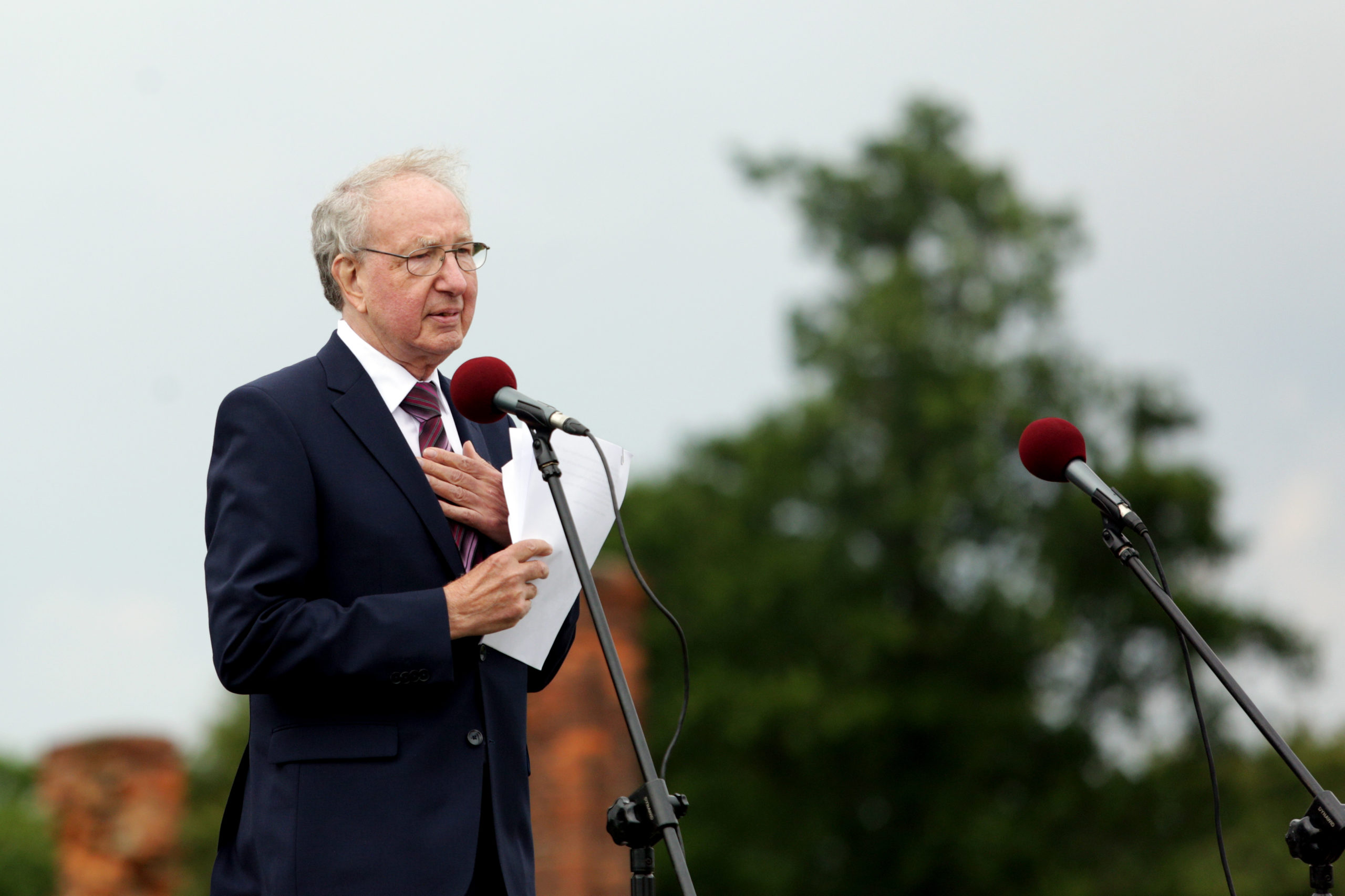
Werner Friedrich
ocalała z Holokaustu
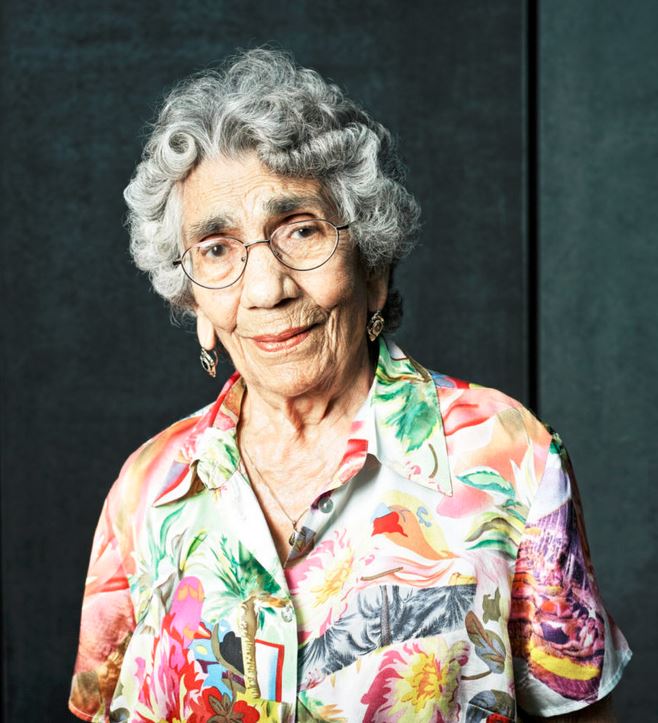
Zilli Schmidt
ocalała z Holokaustu
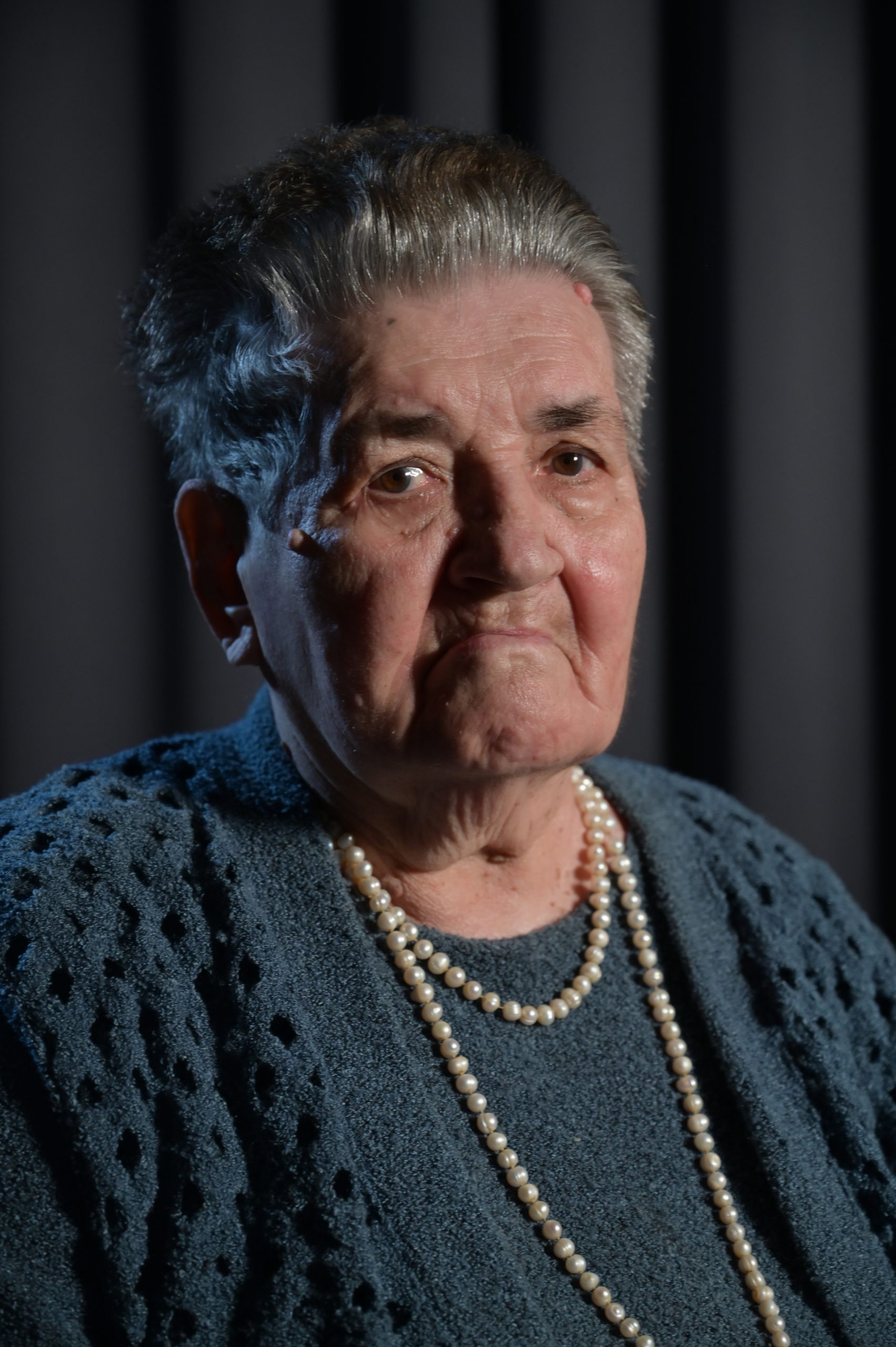
Krystyna Gil
ocalała z Holokaustu
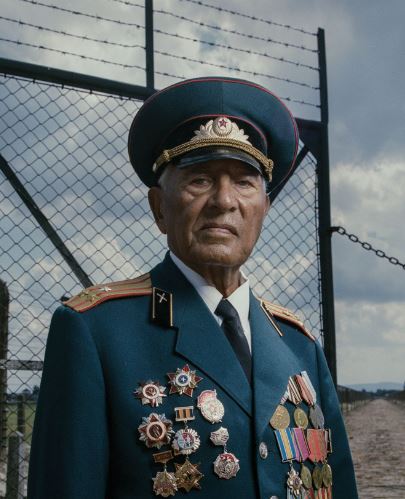
Ivan Bilashchenko
Ocalały z Holocaustu i były żołnierz Armii Czerwonej
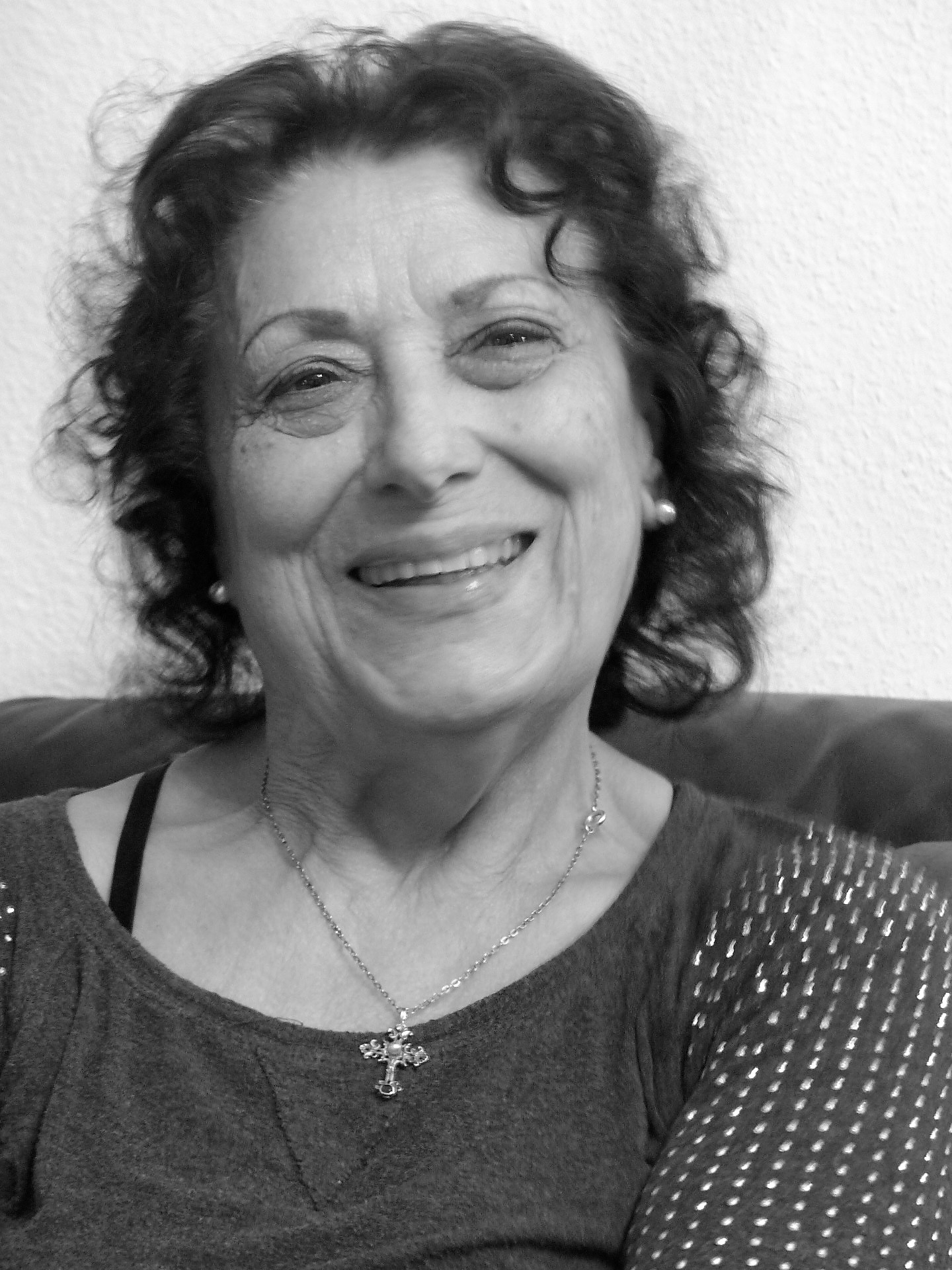
Rita Prigmore
ocalała z Holokaustu










